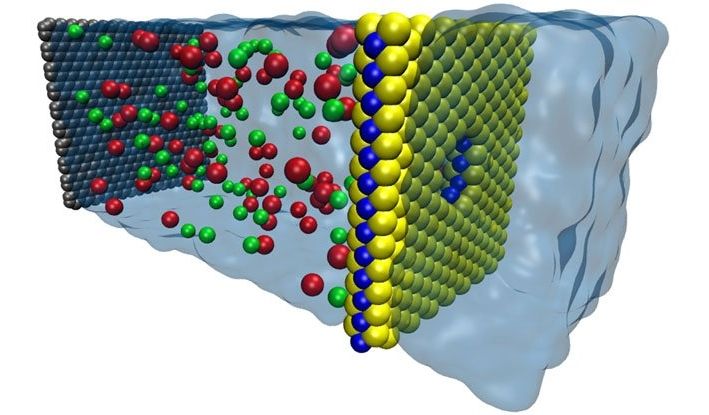There’s filtration and then there’s filtration. Engineers in the US have been working on the latter, coming up with a new markedly more energy-efficient way of taking the salt out of seawater, which could deliver huge advantages in terms of providing people with access to drinking water and help combat problems like drought.
The researchers have developed a material that allows high volumes of water to pass through extremely tiny holes called ‘nanopores’ while blocking salt and other contaminants. The material they’re using – a nanometre-thick sheet of molybdenum disulphide (MoS2) riddled with these nanopore holes – is the most efficient of a number of thin-film membranes that the engineers modelled, filtering up to 70 percent more water than graphene.
“Even though we have a lot of water on this planet, there is very little that is drinkable,” said Narayana Aluru, a professor of mechanical science and engineering at the University of Illinois and leader of the study. “If we could find a low-cost, efficient way to purify sea water, we would be making good strides in solving the water crisis.”
